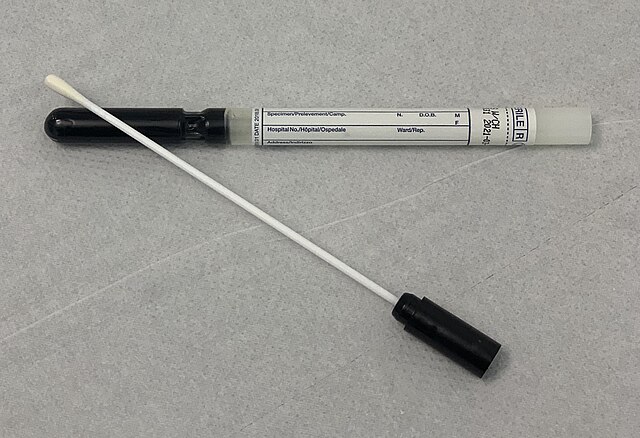When Staphylococcus aureus (often just called "Staph") is detected in High Vaginal Swab (HVS) or urine tests, it’s common for patients to feel alarmed and assume treatment is necessary. However, in many cases, treating Staph found in these tests is not required, and here's why:
1. Presence Doesn’t Mean Infection
Staphylococcus aureus is a common bacteria that often lives harmlessly on the skin, in the nose, and even in the genital and urinary areas of healthy individuals. Its presence in HVS swabs or urine tests doesn’t necessarily mean there’s an infection. More often than not, it’s just part of the body’s natural flora, coexisting without causing any issues.
2. Only Treat When Symptoms Are Present
Simply finding Staph in a test result doesn’t require treatment unless there are clear signs of an infection, such as pain, fever, abnormal discharge, or other symptoms. Treating Staph without symptoms may disrupt the balance of healthy bacteria, leading to additional issues, including irritation or a higher risk of other infections.

3. Reducing Antibiotic Overuse
Treating non-harmful Staph colonization found in swabs or urine can lead to the overuse of antibiotics. Over time, this contributes to antibiotic resistance, making it more challenging to treat infections when they do arise. Avoiding unnecessary treatment helps maintain antibiotic effectiveness for future cases where it’s truly needed.
4. Effective Treatment When Necessary
If Staphylococcus aureus leads to a genuine infection, it can be treated with antibiotics under a healthcare provider’s supervision. Doctors can determine whether the Staph is causing an actual infection based on symptoms, patient history, and test results. Self-treating or insisting on antibiotics without these signs can be more harmful than beneficial.
5. Prevention is Often Enough
Maintaining good hygiene, staying hydrated, and practicing safe habits can reduce the chance of Staph infections. These preventive measures are often all that’s needed to keep Staphylococcus aureus from causing harm, making treatment unnecessary for those without symptoms.
The Bottom Line
If Staphylococcus aureus is detected in your HVS swab or urine test but you have no symptoms, treatment may not be necessary.
This is why proper medical review is important. At Mascot Healthcare Clinic in Lagos, our clinicians assess your results alongside your symptoms to decide if treatment is truly needed. Avoiding unnecessary antibiotics helps protect your health and preserves antibiotic effectiveness.
Click the link to schedule proper infection treatment.